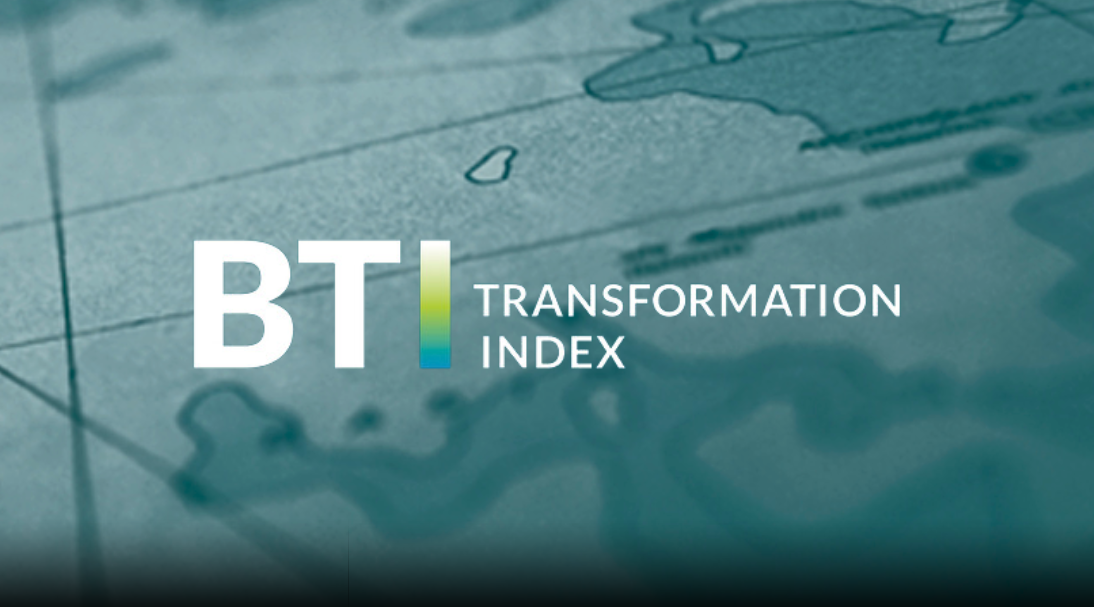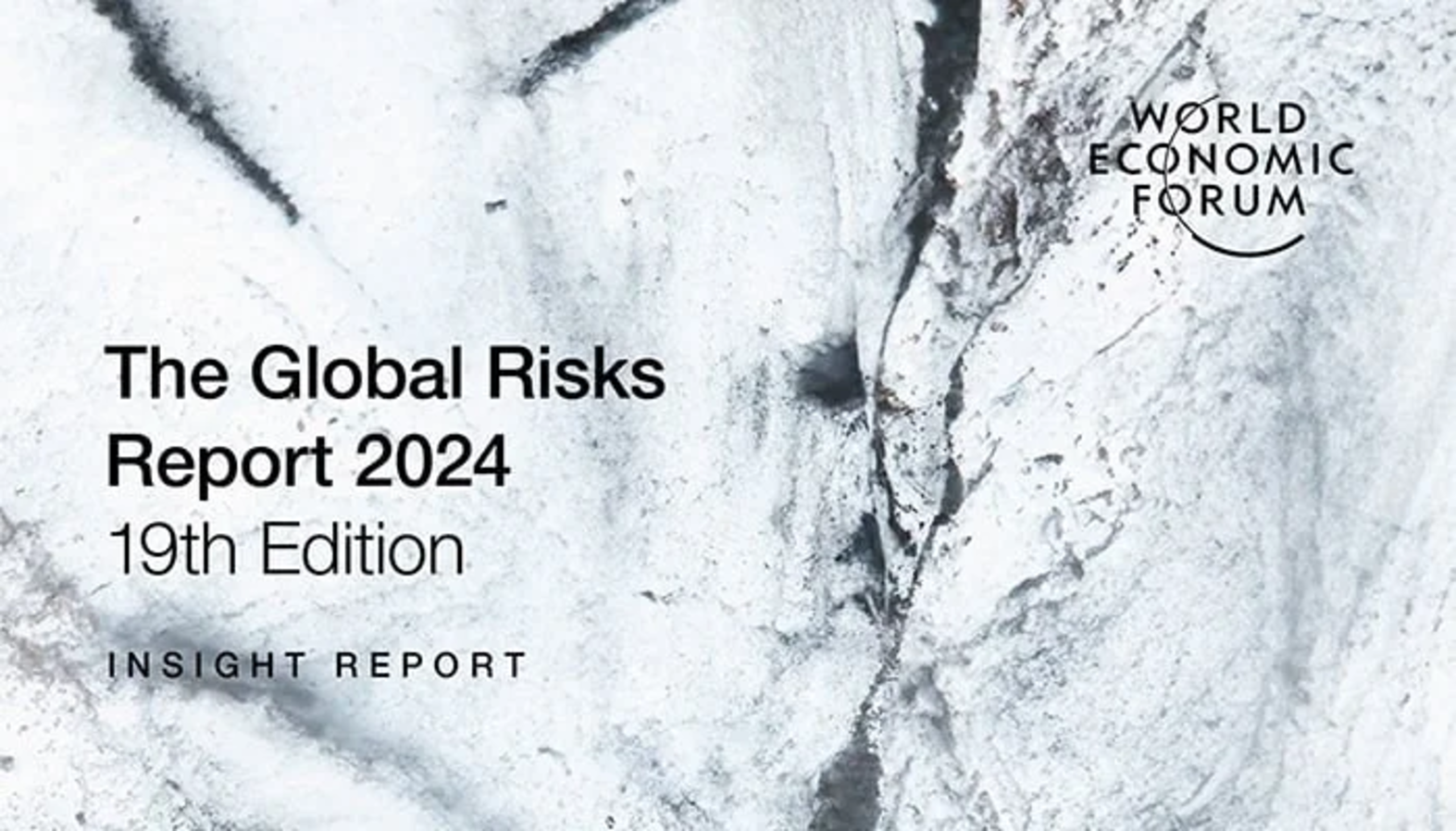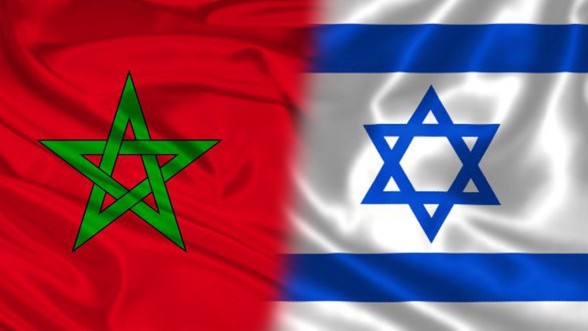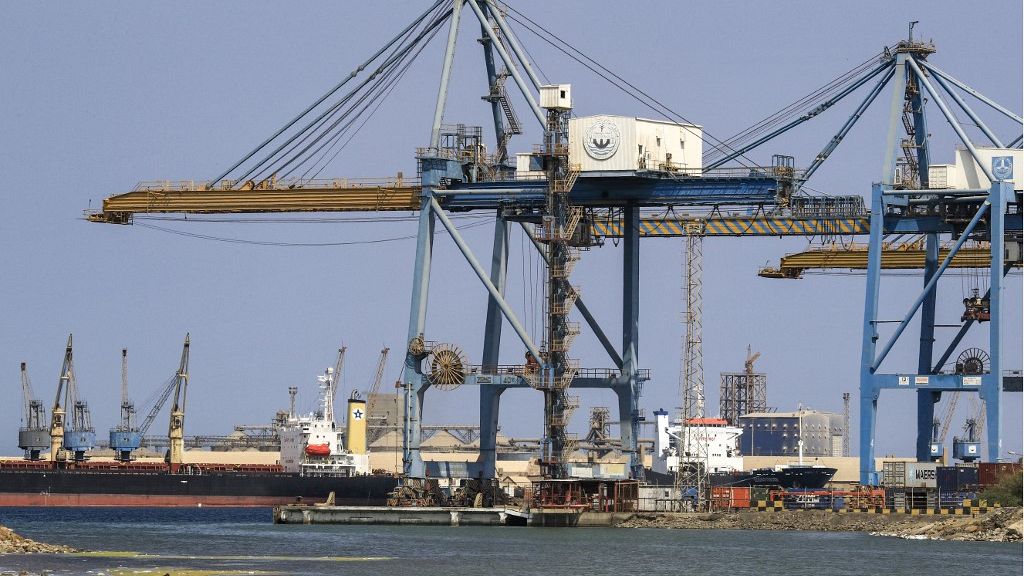The Moroccan economy has been opening up, leading to the development of new sectors such as aerospace and automotive industry, says the 2024 Bertelsmann Transformation Index report (BTI), which analyzes transformation processes towards democracy and a market economy worldwide.
Morocco has made good progress in carrying out reforms to improve market competitiveness, adds the report which identifies successful strategies for peaceful change.
Morocco’s current Investment Charter governs both domestic and foreign investment, underlines the document, noting that the North African Kingdom has ratified over 72 investment treaties, including ones with the United States and most EU member states. These treaties aim to eliminate double taxation of income and gains. By 2035, Morocco aims to increase private investment to two-thirds of total investment.
To achieve this goal, the Moroccan government provides investment incentives and a favorable macroeconomic policy environment, says BTI in its findings, stressing the country also seeks to attract investment to less-favored regions and strategic industries such as defense and pharmaceuticals.
Morocco has oriented its economy toward agroindustry, which is mainly destined for exports, says the experts of the Bertelsmann Stiftung Foundation.
To encourage investment, foreign investors benefit from a currency-convertibility system in Morocco which has taken steps to enforce and expand the scope of its competition.
According to BTI, Morocco continues to modernize its banking system. The sector has a reasonably competitive landscape, with several domestic financial institutions that have international branches, as well as several subsidiaries of foreign banks.
Some banks have expanded their footprint to become Africa’s largest banks. Additionally, there are Islamic banks operating in the country which prohibits trading in crypto-currencies, while a new legislation to regulate the digital currency market is currently under assessment, says the report.
Morocco’s banking institutions remain resilient in terms of solvency and liquidity thanks to good monetary policy and the maintenance of fiscal and monetary stimulus, adds the document, noting that the Casablanca Stock Exchange is Africa’s third-largest stock market.
To achieve sustainable development and protect the environment, Morocco passed several climate change-related laws, policies, and plans, says the report, citing in this regard Law 11-03 on the Protection and Conservation of the Environment, the Green Morocco Plan, Law 77-15 (commonly known as the Zero Plastic Law), the Moroccan Climate Change Policy and the National Climate Plan: Horizon 2030.
Morocco also ratified the Rio Conventions, expressed its commitment to the Paris Agreement, and organized COP22. The country’s National Climate Plan aims to build a green economy in Morocco. By 2030, 52% of electricity production is expected to come from renewable sources. The plan also aims to reduce fuel subsidies, treat wastewater, and increase reforestation.
The 2024 BTI report describes Morocco as one of the safest countries in the world, and affirmed that the North African Kingdom engages in broad consultation with international experts from the European Union, the United States, China, and Japan on a wide variety of policy issues.
While the European Union remains one of Morocco’s main strategic partners, the Kingdom has in recent years stepped up efforts to diversify its partners. Rabat has strengthened its cooperation with China, India, Brazil, and Russia.
Morocco is a champion of gradual reform and stands as an exception in the region. It is also EU strategic partner in the fight against terrorism and illegal migration.



